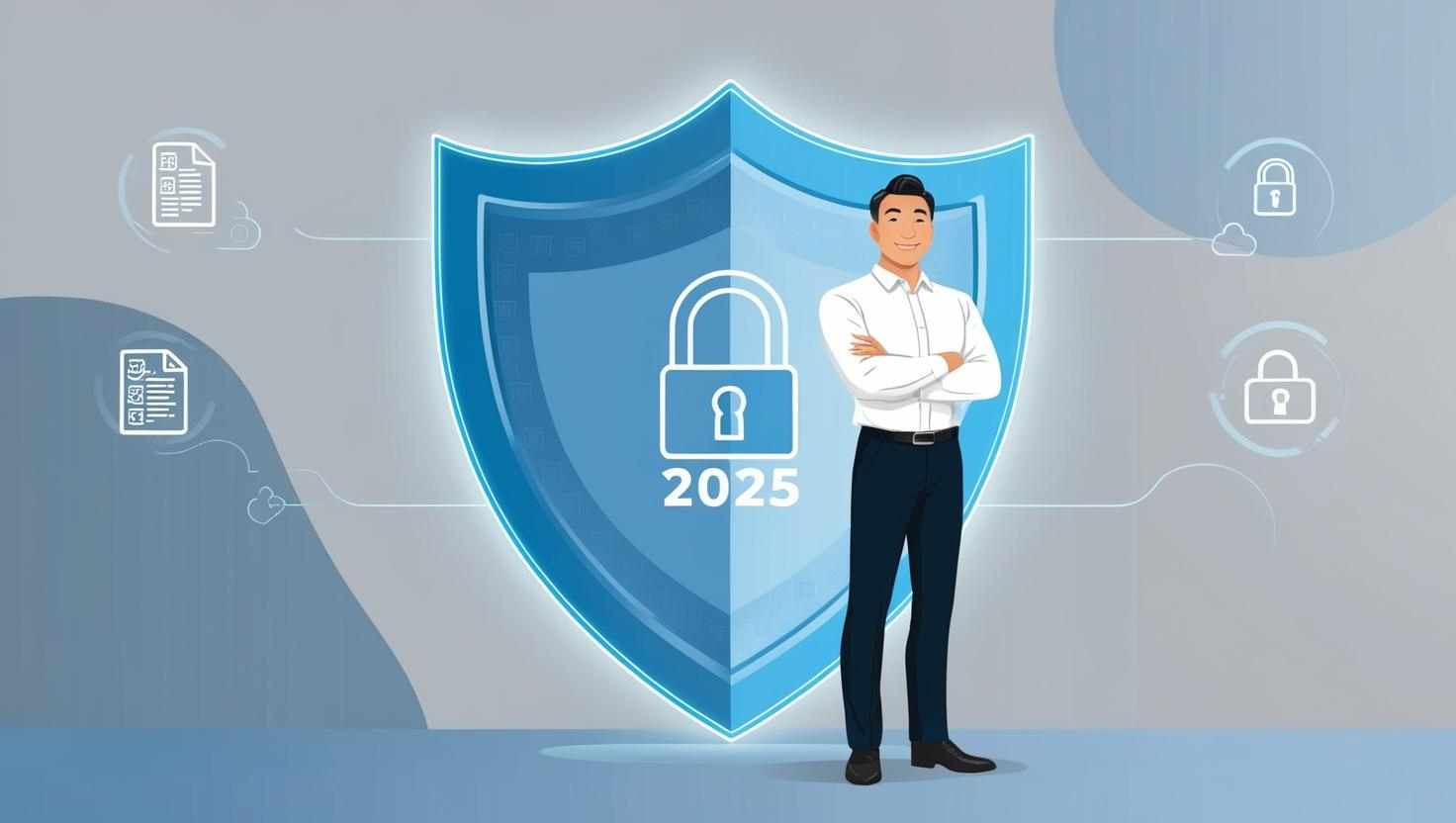
New federal and state cybersecurity rules are taking effect in 2025—and if you're a small business owner, ignoring them could be a costly mistake.
In a recent episode of Stimulus Tech Talk, Nathan Whittacre discussed the biggest regulatory changes business owners need to be aware of this year. From the expanded FTC Safeguards Rule to new state-level data privacy laws, staying compliant is no longer optional.
Here’s what’s changing, why it matters, and what you can do to stay secure and ahead of the curve.
Key Regulatory Updates Affecting Small Businesses in 2025
1. FTC Safeguards Rule Now Applies to More Businesses
If you handle consumer financial information, you must comply with the FTC Safeguards Rule. This now includes:
-
Tax preparers
-
Accountants
-
Mortgage brokers
-
Financial advisors
-
Car dealerships
-
Even solo practitioners
Why it matters: Non-compliance can lead to penalties and liability in the event of a data breach.
2. CMMC Compliance Is Mandatory for DoD Contractors
If you’re part of the Department of Defense supply chain, even indirectly, the Cybersecurity Maturity Model Certification (CMMC) now requires:
-
Full implementation
-
Third-party assessments
-
Certification for contract eligibility
Why it matters: You must be CMMC compliant to win or retain government contracts tied to the DoD.
3. NIST 2.0 Framework Is Now in Use
The NIST Cybersecurity Framework 2.0 updates are now expected by organizations tied to:
-
Federal contracts and grants (like BEAD funding)
-
Regulated industries (e.g., healthcare, finance)
-
Agencies requiring formal cybersecurity posture documentation
Why it matters: Falling behind on NIST standards can disqualify you from opportunities—and expose you to risk.
4. States Are Rolling Out Stricter Privacy Laws
Even if federal rules ease, state-level cybersecurity regulations are tightening.
-
California continues to lead with robust consumer privacy laws.
-
Nevada and others are introducing new cybersecurity and breach notification mandates.
Why it matters: Businesses must stay informed about both state and federal requirements—or risk non-compliance.
Why Small Business Compliance Matters More Than Ever
Cybersecurity regulations are no longer just for big companies. Today’s small businesses are targeted by cybercriminals because they’re often easier to breach.
In the podcast, Nathan shared a real-world example of vendor email compromise that resulted in tens of thousands of dollars lost. Even though the breach didn’t originate internally, the business still paid the price.
What’s at stake if you don’t comply?
-
Data loss
-
Financial fraud
-
Missed contract or grant opportunities
-
Loss of customer trust
-
Potential legal action
What Should You Do Now?
If you haven’t reviewed your cybersecurity posture in the past year, here’s what to prioritize:
✅ Get a Third-Party Compliance Assessment
Understand where your vulnerabilities are and what regulations apply to your business.
✅ Verify Vendor Security
Ensure that your partners, service providers, and contractors follow the same security standards you do.
✅ Align with FTC, CMMC, and NIST Guidelines
Check whether you need to implement new frameworks or update existing ones.
✅ Monitor Changes in State Laws
Especially if you do business in states like California, Nevada, or others pushing new legislation.
How Stimulus Technologies Can Help
At Stimulus Technologies, we make cybersecurity compliance simple, clear, and manageable. Whether you need help with:
-
Meeting FTC Safeguards Rule requirements
-
Becoming CMMC or NIST 2.0 compliant
-
Conducting third-party risk assessments
-
Monitoring and maintaining vendor security
—we’re here to guide you step-by-step.
If you’re a current client, these services are already included in your 2025 package. If not, we offer a free one-time compliance snapshot to help you understand where you stand.
Listen to the Full Episode
Want to hear real-world examples and practical advice directly from our CEO?
🎙️ Listen to the full Stimulus Tech Talk episode on 2025 compliance updates on your favorite podcast platform or watch on YouTube.
Final Takeaway
Regulatory compliance is no longer just a checkbox. In 2025, it’s a business essential.
By staying proactive—rather than reactive—you protect your business, your customers, and your bottom line.
Don’t wait for a breach or a fine to take action.
Book your free compliance snapshot today and build a safer, smarter IT strategy for the year ahead.







